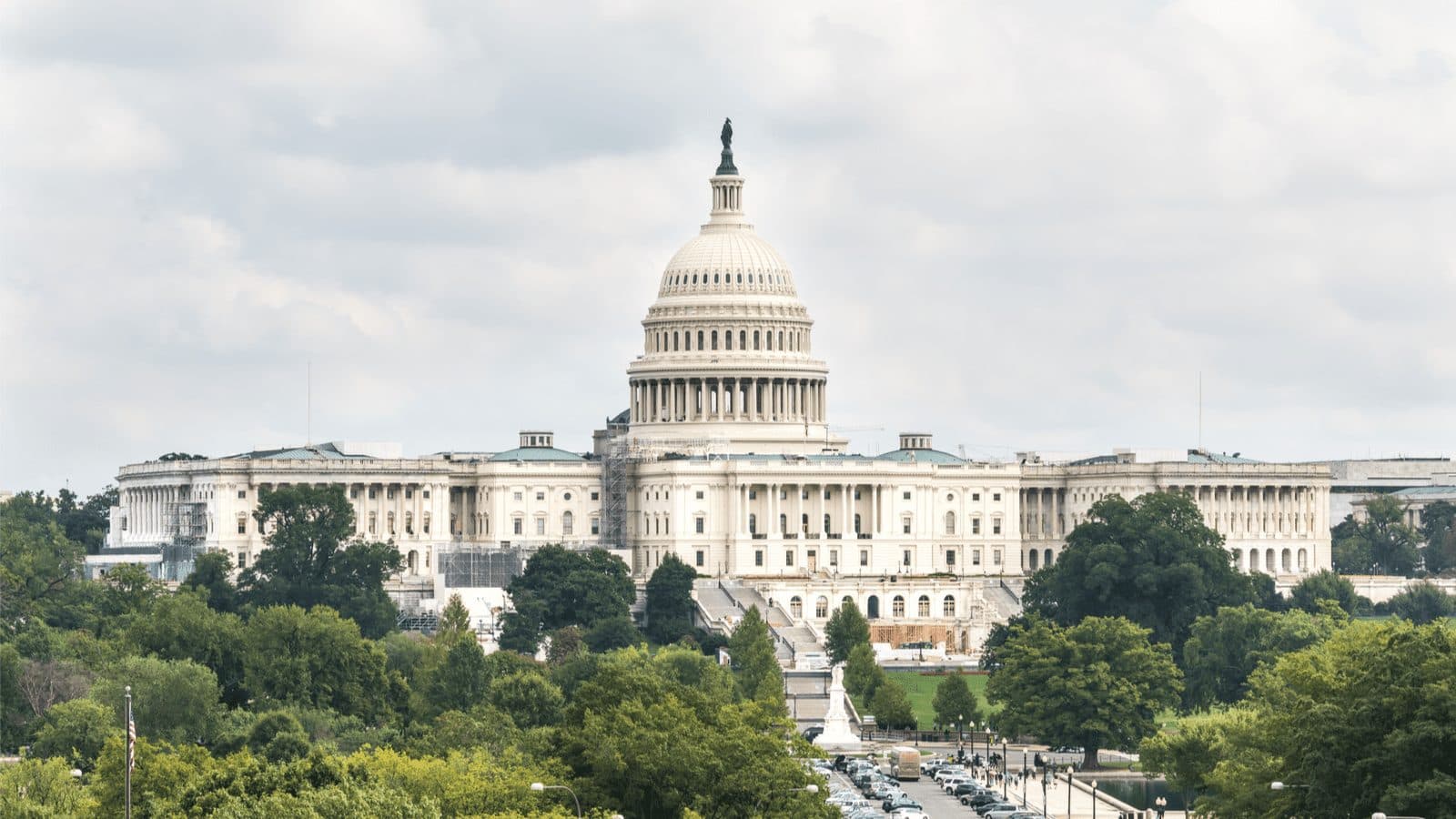Congress: Are Crypto Disclosures Doing Enough for Investor Protection?
Crypto’s inherent transparency is a major tool for risk management and security, witnesses said

Source: Shutterstock
- Congress subcommittee on commodity exchanges, energy and credit met this week to discuss the future of crypto regulation
- Disclosure requirements should consider investor knowledge of blockchain technology, one witness said
In the latest instance of US lawmakers parsing the future of digital asset regulation, a House subcommittee on Friday questioned whether crypto’s disclosures are adequate enough to protect investors.
The House Agriculture Committee Subcommittee on Commodity Exchanges, Energy and Credit heard from industry players that crypto’s inherent transparency — all transactions are publicly and forever recorded on the blockchain — is a boon to both risk management and security.
“The transparency of blockchains enhances the ability of policymakers and government agencies to detect, disrupt and, ultimately, deter illicit activity in cryptocurrency markets,” Jonathan Levin, Chainalysis co-founder and chief strategy officer, wrote in his prepared testimony.
Blockchains may be transparent by nature, but they are also inherently hard to comprehend, Georgetown University Law Center Professor Christopher Brummer said. Investor protection should be a top priority, and making disclosures easier to understand is a key part of advancing that agenda, Brummer added.
The Commodity Futures Trading Commission (CFTC) spends a lot of time and resources on ensuring crypto companies are operating within the appropriate guidelines, according to Vincent McGonagle, director of the division of market oversight.
“A strong enforcement program supports market integrity and customer protection,” McGonagle said. “We’re looking at fraud, pump and dump manipulation, illegal contracts that are being offered to us customers, not only within the US, but from entities outside of the US. If there is a violation of the act of the regulation, the CFTC has strong enforcement authority to deter that misconduct, and if it involves a criminal violation, we work closely with our cooperative enforcement partners at the Department of Justice as well as the US Attorney’s Offices.”
Charles Hoskinson, co-founder of blockchain engineering company Input Output Global and the Cardano blockchain, agreed with Levin that crypto’s transparency is an asset to regulators.
“One of the powers of our industry is the fact that regulation can become algorithmic,” Hoskinson said. “So you don’t have to think, ‘which person is going to sit down and look at this big pile?’”
Blockchain technology could significantly enhance the efficiency of many government agencies, he added.
“Think of the IRS and tax returns,” Hoskinson said. “We could quadruple the size of the IRS, but we still couldn’t audit every single American — it’s just not possible.”
Get the news in your inbox. Explore Blockworks newsletters:
- The Breakdown: Decoding crypto and the markets. Daily.
- 0xResearch: Alpha in your inbox. Think like an analyst.






